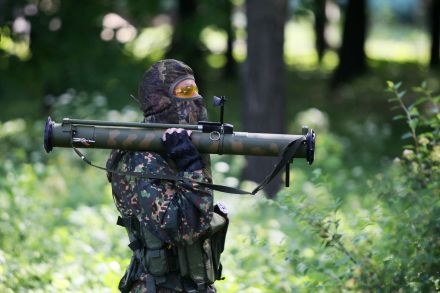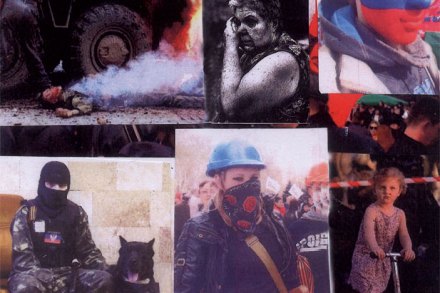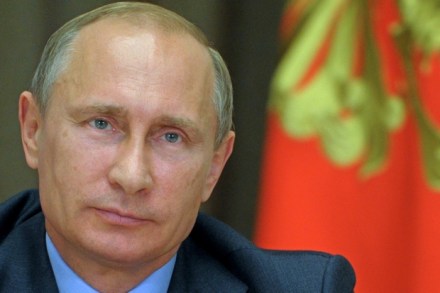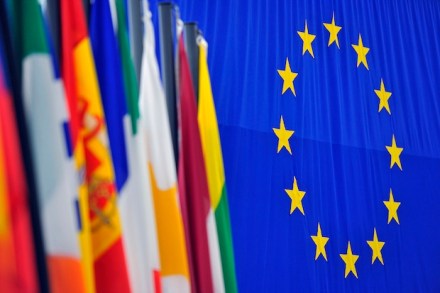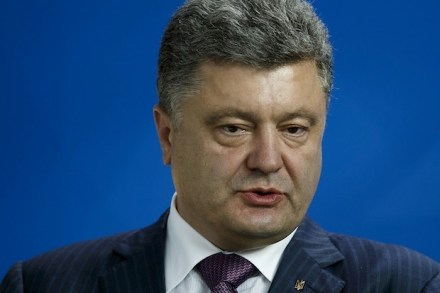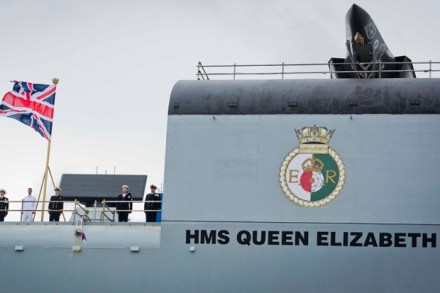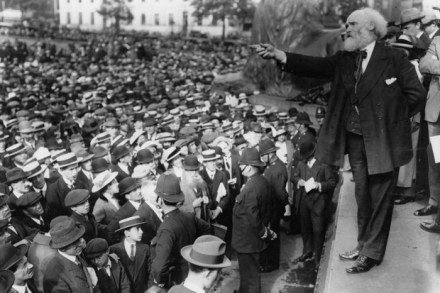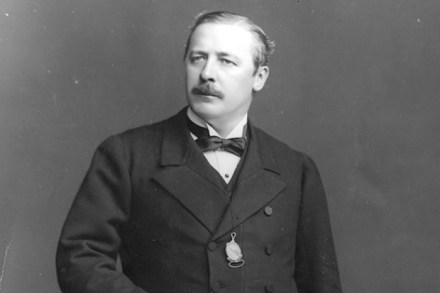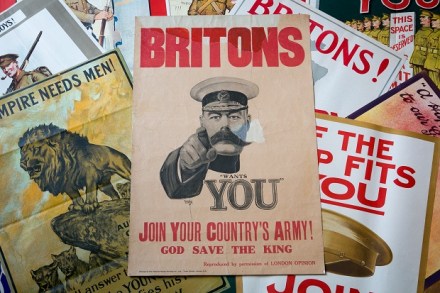Postcard from Ukraine – meet the artists in exile from the People’s Republic of Donetsk
It was Orthodox Trinity Sunday when Luba Michailova received word that separatists would soon occupy the premises of the Donetsk art centre she founded. She was in Kiev at the time, and recalls now that her first response was religious: ‘Any difficulties in life you get, it’s for your good, and for testing you.’ The following morning, at 8 o’clock, several staff were at work cleaning when 15 men in balaclavas appeared, firing Kalashnikovs into the air. Michailova tells me, ‘So when it happened, I knew it would happen, but I never thought it would be so painful.’ Donetsk now is in the hands of the masked separatists who brought
